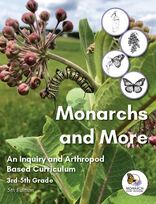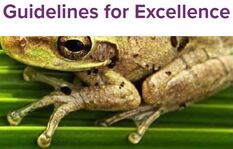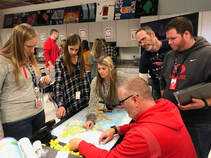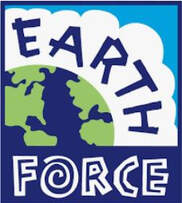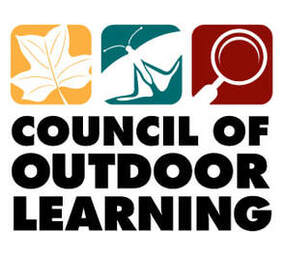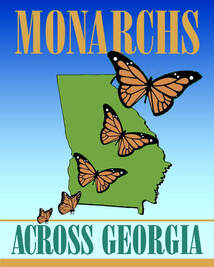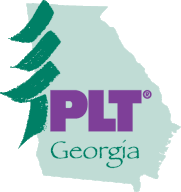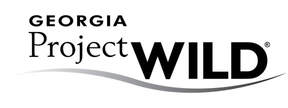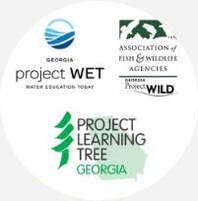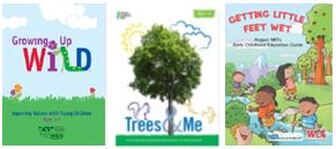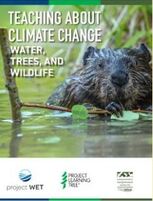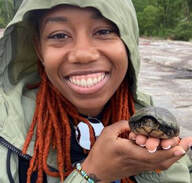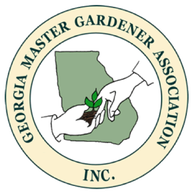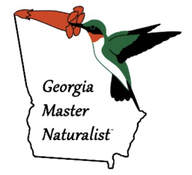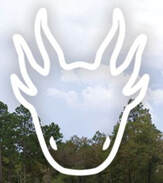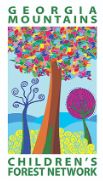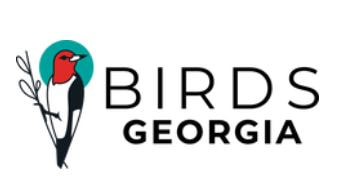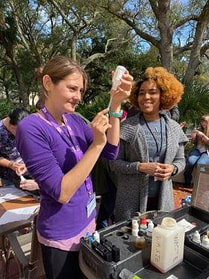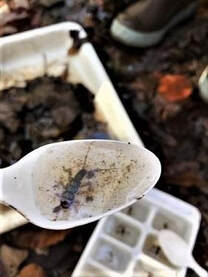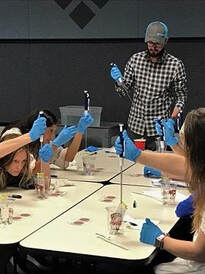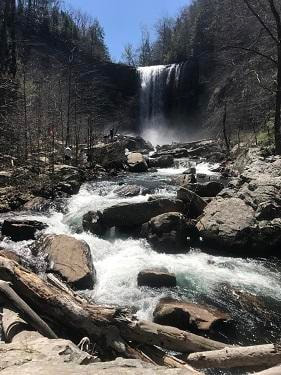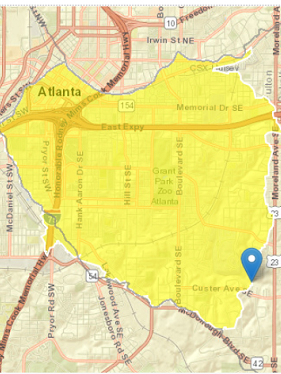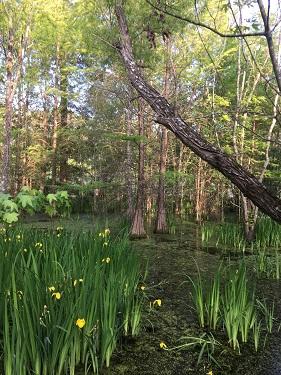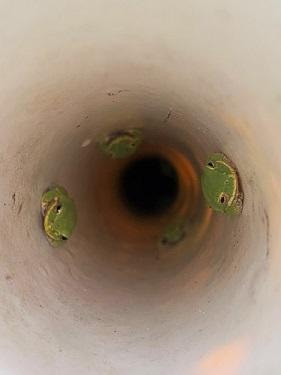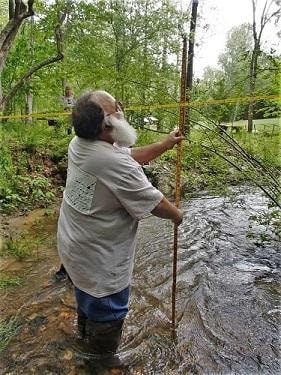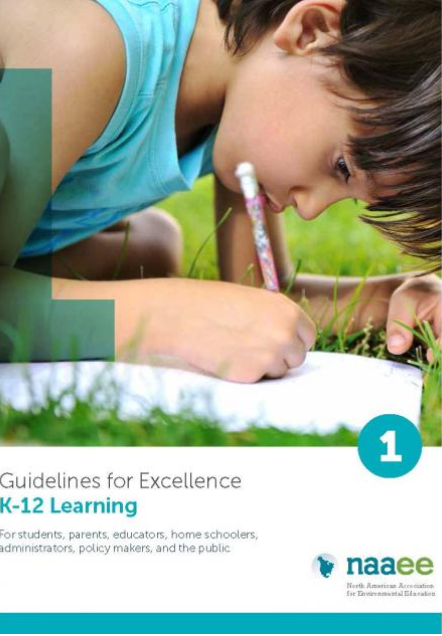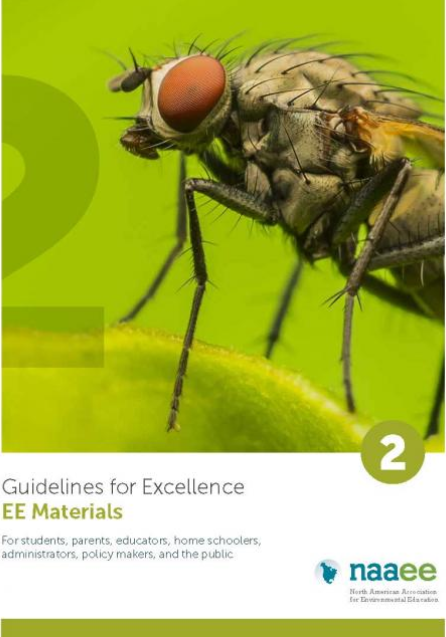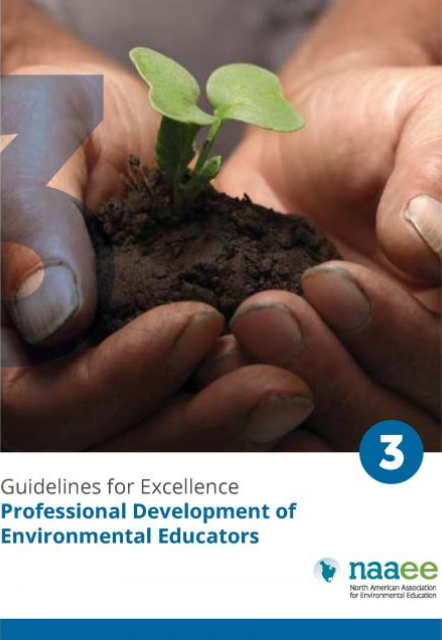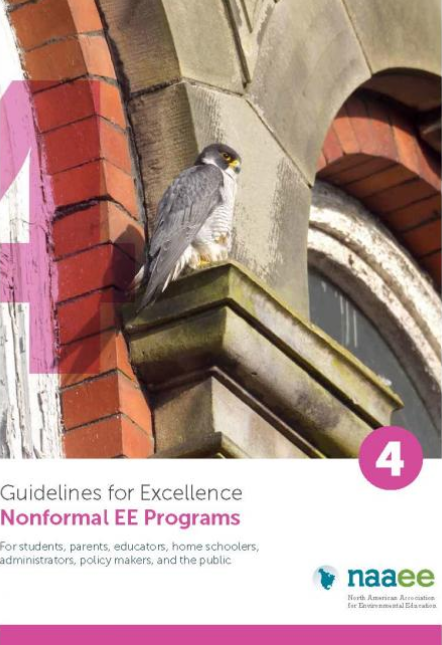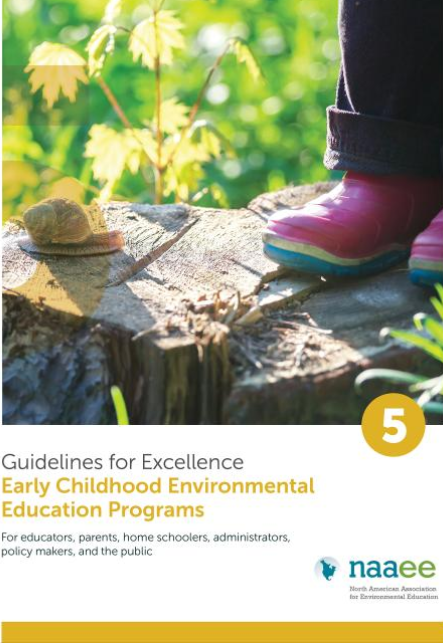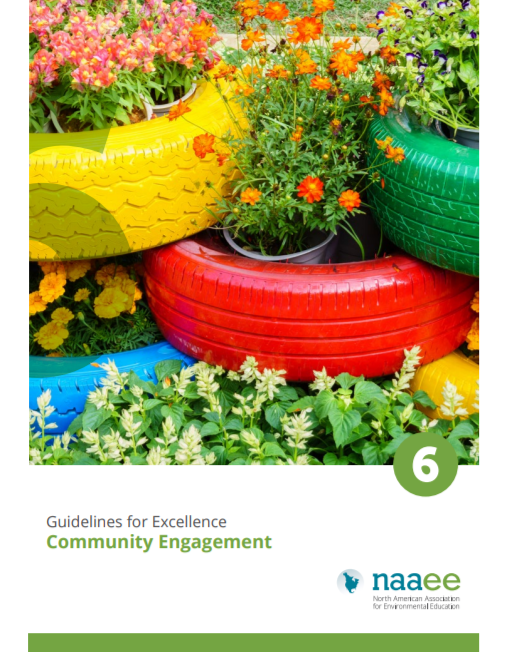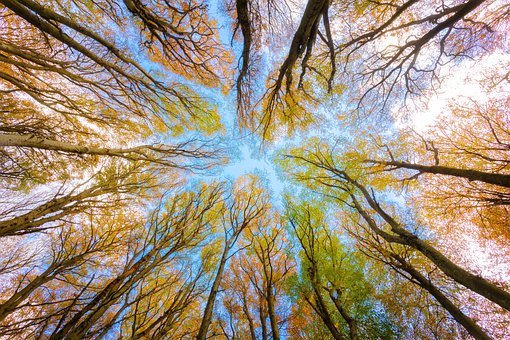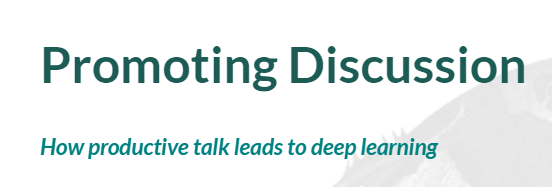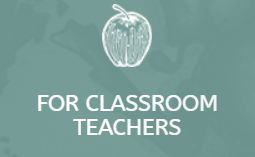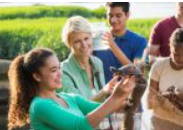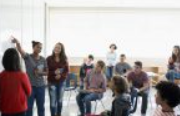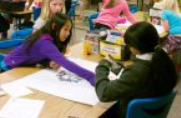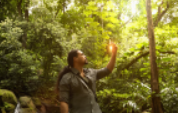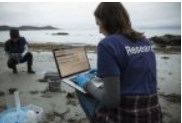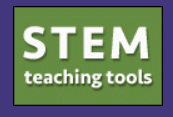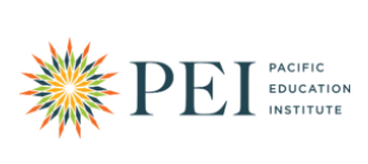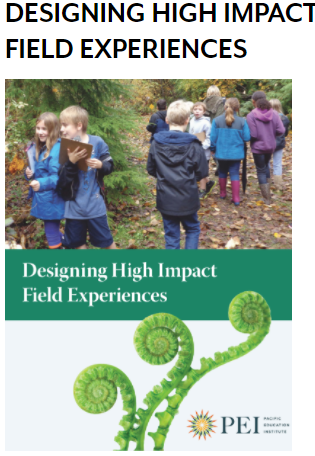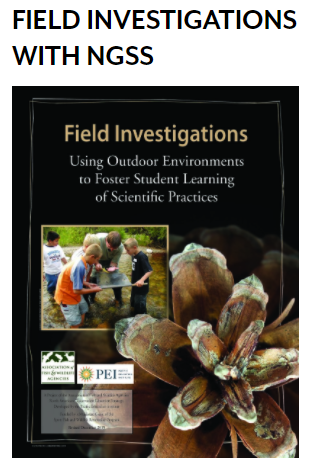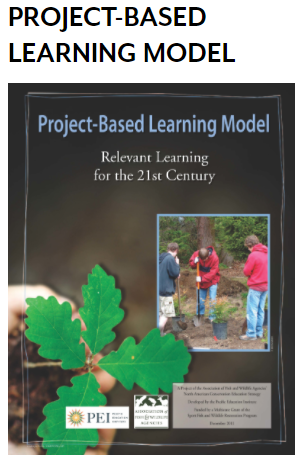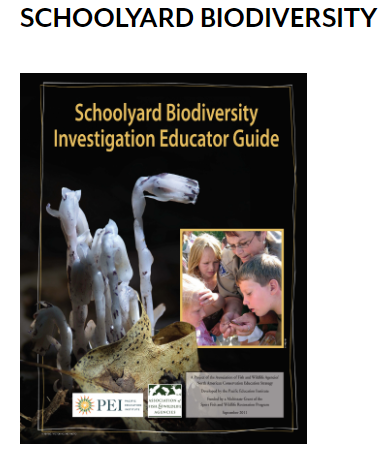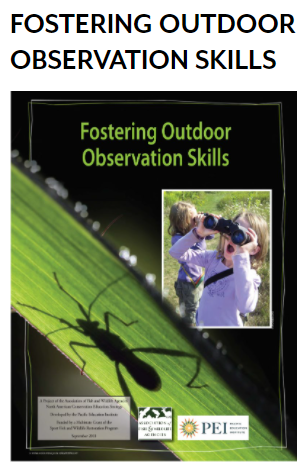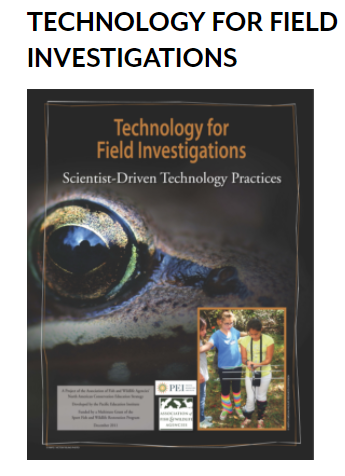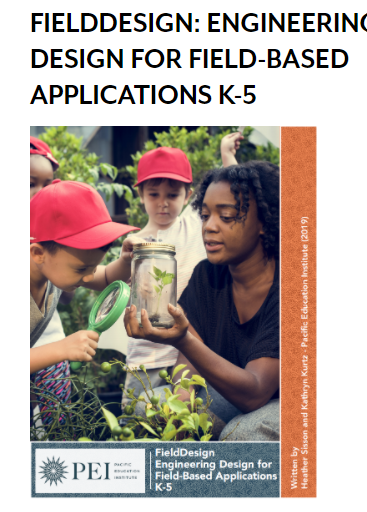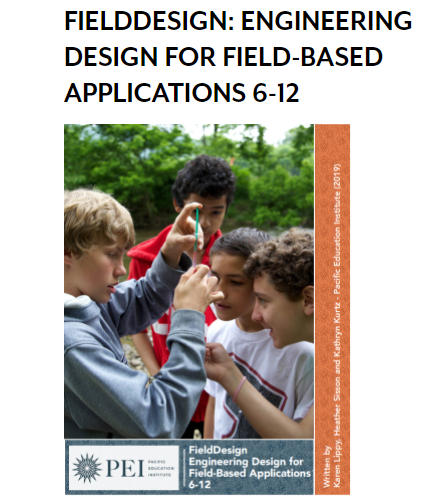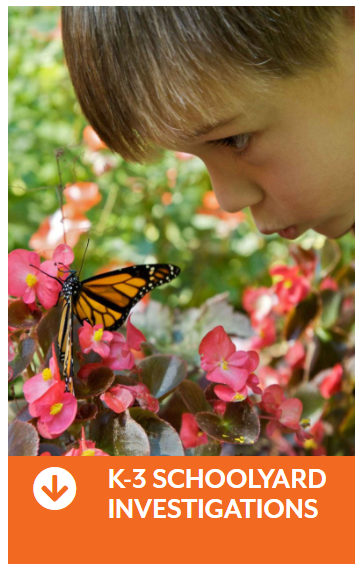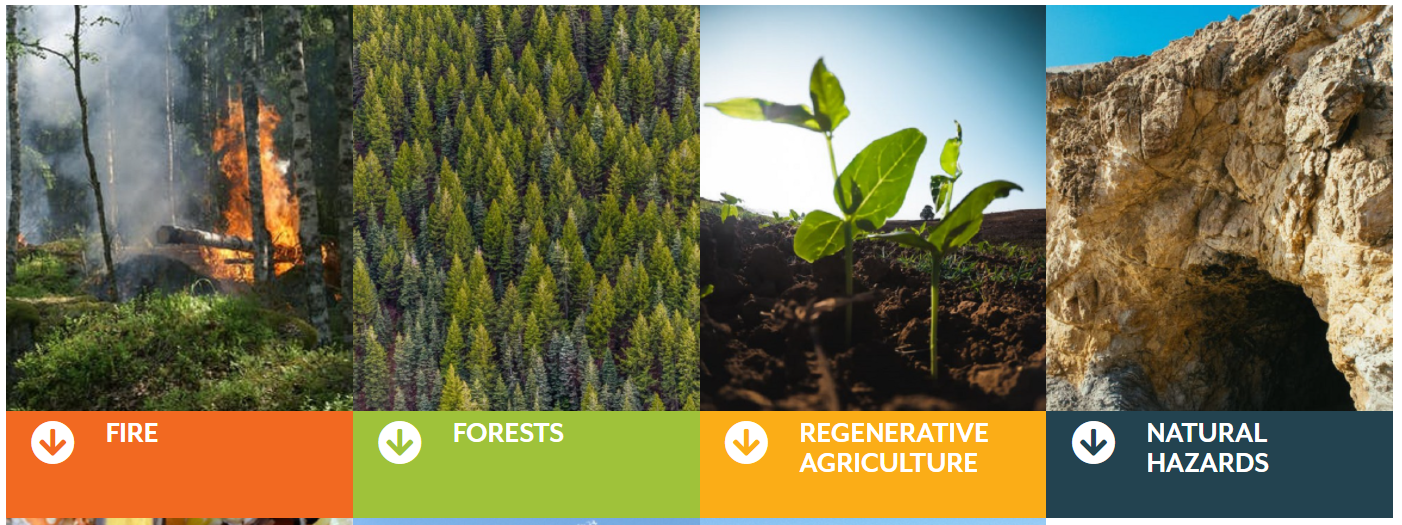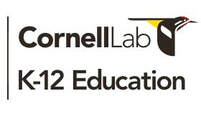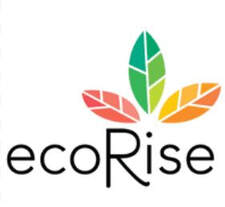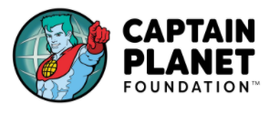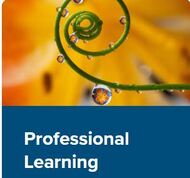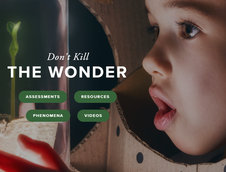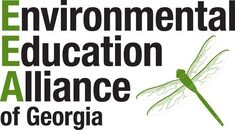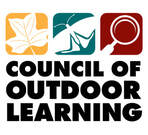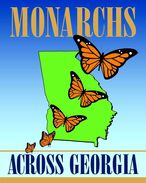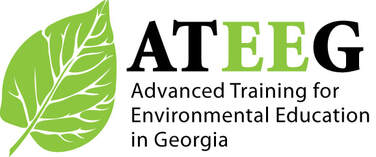Environmental Education Alliance of Georgia
- Our Story
- Our Team
- Our Events
-
Our Resources
- Wildlife Viewing
- Earth Month Activities
- Garden-based Learning
- EcoEngineering Challenges
- Community (Citizen) Science
- Phenomenon-Based Learning
- Problem-Based Learning
- Place-Based Learning
- Project-Based Learning
- Teaching about Climate Change
- Teaching about EJ
- Zero Waste Heroes
- SAGES Project
- Virtual EE Resources
- Environmental Clubs
- Evaluation and Assessment
-
Our Work
- Our News
- Our Impact
- JOIN or GIVE
- Member Portal
- Contact Us
- Outdoor Learning Store
- PassTick2023-4
- Annual Report
- New Page
- Past 2022 EEA Conference
- Past EEA Board 2021-22
- Past 2022 conferenceoverview
- Non-clickable Page
- New Page
- EEA Guest Blog
- Our Story
- Our Team
- Our Events
-
Our Resources
- Wildlife Viewing
- Earth Month Activities
- Garden-based Learning
- EcoEngineering Challenges
- Community (Citizen) Science
- Phenomenon-Based Learning
- Problem-Based Learning
- Place-Based Learning
- Project-Based Learning
- Teaching about Climate Change
- Teaching about EJ
- Zero Waste Heroes
- SAGES Project
- Virtual EE Resources
- Environmental Clubs
- Evaluation and Assessment
-
Our Work
- Our News
- Our Impact
- JOIN or GIVE
- Member Portal
- Contact Us
- Outdoor Learning Store
- PassTick2023-4
- Annual Report
- New Page
- Past 2022 EEA Conference
- Past EEA Board 2021-22
- Past 2022 conferenceoverview
- Non-clickable Page
- New Page
- EEA Guest Blog
OUR WORK
Professional Learning in Environmental Ed
Professional learning workshops and self-study resources can further research-based practices and improve the effectiveness of educators. EEA recommends that informal educators, preK-12 teachers, and professors choose and complete relevant professional learning every year, to continuously approve the quality of environmental education and outdoor learning. Here are some of the options for professional learning offered by the Environmental Education Alliance and others in Georgia.
EEA's Professional Learning Workshops
Please contact [email protected] to learn more about any of these EEA professional learning workshops or to discuss a custom workshop for your school or organization.
|
Monarchs and More
MAG offers Monarchs & More educator workshops by grade band (K-2, 3-5, or Middle School) |
Guidelines for Excellence
EEA is a Guidelines Training Institute, offering workshops on best practices in ee |
Custom Workshops & Support
EEA offers custom workshops for school and school districts across the state. Click above to learn more. |
Environmental Action
EEA facilitates Earth Force Workshops in Civic Action and Environmental Stewardship |
EEA's Conferences and Symposia
Whether you're a PK-12 teacher, professor, naturalist, interpreter, ranger, riverkeeper, environmental educator, curriculum developer, or student, there are professional learning opportunities that can increase your capacity. For more information, email [email protected].
- EEA helps educators and schools find professional learning opportunities to fit their needs
- EEA offers Monarchs Across Georgia educator workshops and sponsors Project WET and Adopt-a-Stream workshops
- EEA designs and delivers customized professional learning workshops for school districts.
EEA's EE Certification Program: ATEEG
Make This the Year You Become Certified in EE!
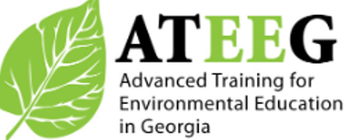
Are you serious about increasing your capacity for teaching through an environmental lens? Are you ready to engage students in real-world investigations? Then get certified as an environmental educator through ATEEG, EEA's nationally-accredited professional learning program. You'll collaborate with a cohort of colleagues, gain a mentor, and explore ways to enhance your teaching skills.
PL Workshops in GA based on Nat'l. Curricula
Project WET, Project Wild, and Project Learning Tree
These classic environmental education workshops are as effective in making teachers feel comfortable outside as they are in providing curriculum resources and offering strategies for managing students. Each workshop provides a curriculum book to participants. Click below to learn more.
Projects WET, Wild & Learning Tree Combined Specialty Workshops
|
Become a Facilitator who can certify educators in Project WET, Project WILD, and Project Learning Tree. A triple facilitator workshop is typically offered once a year during a long weekend in January. Click above to learn more.
|
Get certified to teach Growing Up WILD, Trees & Me, or Getting Little Feet Wet, if your specialty is early childhood - OR attend a "Triple Early" workshop and complete all 3 courses at once. The EEA Conference offers this opportunity!
|
Find out how to engage students in learning about climate with materials from the traditional Projects WET, WILD and Learning Tree curriculum books, OR from new climate publications. Click above and scroll to Lesson Resources.
|
Georgia-Based Professional Learning
|
Rivers to Reefs
(Georgia Aquarium) |
Paddle Georgia
(Georgia River Network) |
|
Master Herpetologist (Amphibian Foundation)
|
Adopt a Stream Certification Workshops (Tested for Quality Control)
local trainers are available all over the state - click below to find yours!
DIY & Virtual Professional Learning
Guidelines for Excellence in EE: Research-informed Best Practices

EEA promotes best practices in environmental education through the Georgia Guidelines for Excellence in EE Project, which offers professional learning workshops, self-paced courses (currently in development), and technical assistance to schools, environmental education providers, and others. The Guidelines project was created by NAAEE and coordinated by Bora Simmons, with feedback from all over the world. Read or download copies of each set of the Guidelines by clicking the sections below.
Skills for Leading Outdoor Science and Field Investigations

Beetles offers virtual, self-paced, professional learning sessions for program leaders of outdoor science investigations. K-12 teachers and non-formal educators will benefit from these two- to three-hour modules.
Build your skills and increase your capacity to lead environmental education in outdoor settings.
Build your skills and increase your capacity to lead environmental education in outdoor settings.
STEM Practice Briefs for Culturally Responsive Teaching
|
These STEM teaching tools were developed as part of a National Science Foundation grant initiative by Philip Bell.
|
|
High-Impact Field InvestigationsThe Pacific Education Institute promotes high impact field experiences and real-world science for all students, in an effort to advance scientific literacy and sound decision-making for a sustainable world. These facilitator guides are aimed at preparing educators to design and lead impact field investigations.
|
|
|
The Cornell Lab of Ornithology offers professional learning through the lens of birdwatching, with online courses, webinars, and in-person workshops.
|
Learn how to engage students in auditing school systems, identifying opportunities to improve sustainability, and implementing projects.
|
Sign up for Project Learning Garden or another CPF program to gain access to professional learning opportunities. CPF is based in Georgia.
|
|
Find out about National PL Offerings at eePRO
NAAEE manages the eePRO web pages - but you don't have to be an NAAEE member to access this treasure trove of information about free and fee-based resources for educators. Click on the image at left to explore professional learning opportunities as well as jobs, contest, awards, and teaching resources.
|
Brush up on Content Knowledge in Environmental Education TopicsBozeman Science and The Wonder of Science websites, created by science teacher Paul Andersen, provide short videos explaining every topic taught in environmental science, as well as core ideas related to each Next Generation Science Standard (NGSS) at every grade level. [Although Georgia did not adopt the NGSS, there is substantial overlap in topics, content, and approach.]
|
Coming Soon! eeCourses & eeCredentials
|
Environmental Education Alliance, Inc.
P.O. Box 801066 | Acworth, GA 30101 EEA does not does not discriminate on the basis of race, color, national origin, sex, age, or disability in its program , activities, or employment. For more information on EEA's non-discrimination commitment click here . Grievance officer may be contacted at [email protected] |
Proudly powered by Weebly
|
